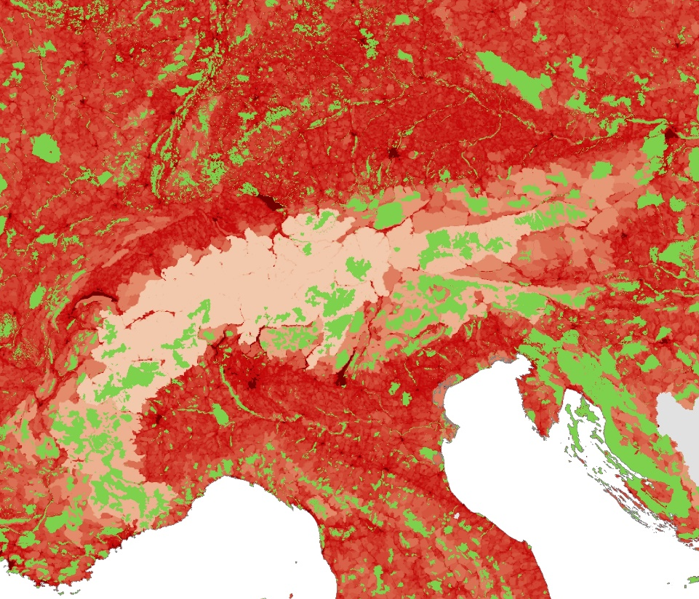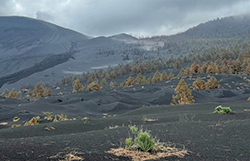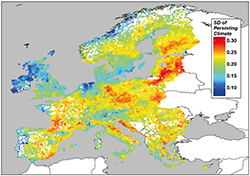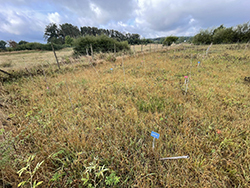
Biodiversity in protected areas under climate change
Contakt: Prof. Dr. Carl Beierkuhnlein
How will biodiversity and habitats in protected areas change as climate change progresses? How will the fragmentation of protected areas affect their ecology? In various research projects, we are modeling future ecological changes in protected areas in Europe, Asia, Madagascar and Cuba.

Vector-borne diseases
Contakt: Dr. Stephanie Thomas
We are investigating the growing risks of mosquito-borne viral diseases. These so-called arboviral diseases such as West Nile fever, dengue fever or chikungunya virus disease are mainly transmitted by mosquitoes, which are increasingly present in our latitudes due to climate change. We create high-resolution epidemiological risk models for Germany and selected cities.

Island biogeography - Ecosystems of the Canary Islands
Contakt: Prof. Dr. Carl Beierkuhnlein
We have a major research focus on the ecosystems and endemic species of the Canary Islands. Through regular field studies, we have been able to gain important insights into how volcanic eruptions, ash deposits and forest fires affect different species and selection processes.

Biogeographical modeling
Contakt: Prof. Dr. Carl Beierkuhnlein
One of our methodological focuses is the modeling of ecosystems and species distributions. The skillful linking of multispectral remote sensing data sets, high-resolution lidar data, climate data and global species surveys explain ecological relationships.

Ecology of forest springs
Contakt: Prof. Dr. Carl Beierkuhnlein
Since the 1990s, our department has regularly studied forest springs and their highly specialized flora in the Fichtelgebirge, Erzgebirge and Frankenwald. Due to climate change and the resulting increasing drought, these habitats are highly endangered.

Impact of climate change on biomass production
Contakt: Prof. Dr. Carl Beierkuhnlein
In a long-term experiment, we measure biomass production twice a year at the species level of a typical Central European meadow. The location at the Lindenhof near the Ecological Botanical Garden of the University of Bayreuth offers optimal conditions for this. This allows us to gain insights into how biomass production and species composition change with climate change.

